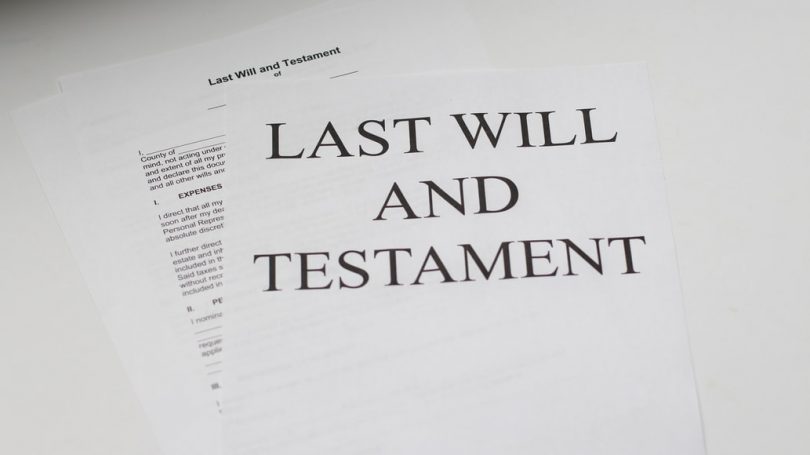For anyone who has been fortunate enough to avoid running into any issues over their loved ones’ wills, it can be near-impossible to imagine the stress, hurt, and, at times, frustration wrought by a will that fails to meet expectations.
Not only can it cause major worries for the future, but it can be a devastating reminder of the fact that the testator – your loved one – is no longer there to put right a wrong, or speak for themselves.
It is possible to contest a will, but is almost invariably a complex and lengthy process. A will represents a legally binding document and, unfortunately, its subject is no longer here to defend or rework its contents, so proving errors, misunderstandings or insidious intent from others is, as you can imagine, very difficult.
What are the grounds for contesting a will?
Despite the fact that contesting a will is difficult, there is a broad range of reasons why someone can open up a case.
The easiest instances occur when a will falls short of certain requirements. Basic clerical errors, for instance, can cast wider doubt over the will’s contents. Even a seemingly minor issue in signing can unravel an entire will.
In other scenarios, it may be possible to prove that the will was forged or created as a result of coercion – and, in either case, does not represent the true wishes of the testator.
Alternatively, you might be able to provide evidence that, at the time the will was written, the testator was not mentally capable of creating an important legal document, and that the contents cannot be taken as a true reflection of their wishes.
What’s more, the testator must not have been put under any pressure (“undue influence”) at the time of making their will. While this often refers to coercion, it can also refer to ‘fraudulent calumny’, which refers to instances when one beneficiary has marred the reputation of another in order to limit their inheritance, or remove them from the will entirely.
As you can imagine, some of these grounds are much, much harder to prove than others, and accusations along these lines are likely to take a long time to bear fruit (if, of course, they ever do).
Of course, in reality, your ability to contest a will (and your chances of success) are a lot more nuanced than this list may sound. You can read more about the specifics of contesting a will at this link: willans.co.uk/knowledge/contesting-will.
Who can contest a will?
Strictly speaking, anyone could contest the validity of a will, however a person wishing to contest a will’s validity will usually have a vested interest in it, for example people involved in the deceased’s life who may have been expecting to benefit from the estate or benefit to a greater extent than the will provides for.
For this reason alone, it’s rarely easy to contest a will, since it’s so often the case that everyone who will be affected by the process is likely to be closely connected to one another. Even if you have a lot of evidence to back your claim, the emotional and familial challenges of contesting a will can be significant.
Of course, every case is different, and talking through your options with an experienced solicitor is the only way for you to foresee the specific challenges ahead.









Leave a Comment
You must be logged in to post a comment.